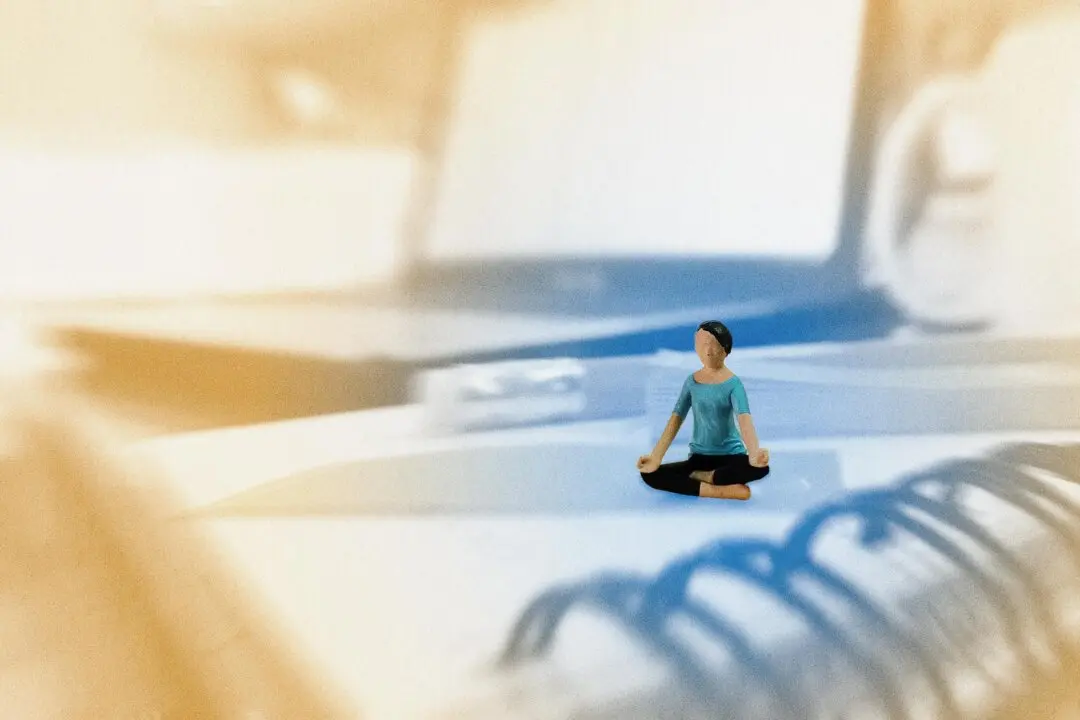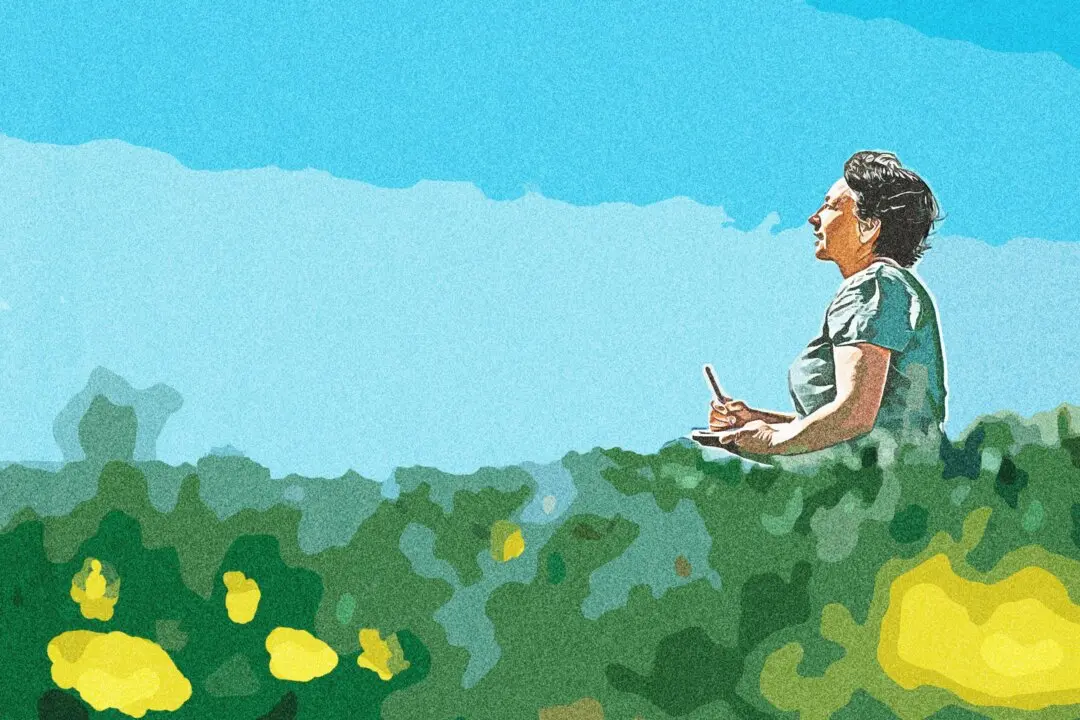“The unexamined life is not worth living.” ~ Socrates
A Child’s Heart
When I was little, I was rather shy and reserved, preferring to stay in the background and observe. While I had some friends, I was just as content to do my homework, or spend long hours reading on my bed, as I was doing anything else.If others were unkind to me, I didn’t think too much on it, and easily let things go. I wasn’t unkind to others in return and never held a grudge. It didn’t even occur to me to be this way.






